To heat pump or not?
krustyoldhouse
13 years ago
Related Stories
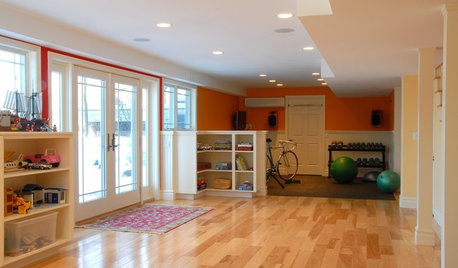
MORE ROOMS12 Colors to Pump Up Your Home Gym
Peeling gray walls not inspiring your workouts? Exercise your right to a motivating space with these stylish paint picks
Full Story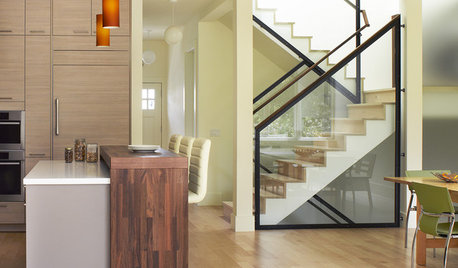
FLOORSIs Radiant Heating or Cooling Right for You?
Questions to ask before you go for one of these temperature systems in your floors or walls (yes, walls)
Full Story
GREAT HOME PROJECTSHow to Add a Radiant Heat System
Enjoy comfy, consistent temperatures and maybe even energy savings with hydronic heating and cooling
Full Story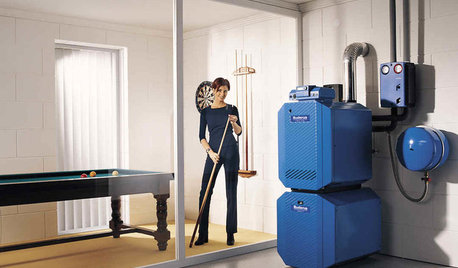
HOUSEKEEPING5 Steps to Improve Your Heating System Now
Increase your heater's efficiency and safety for lower energy bills and greater peace of mind this winter
Full Story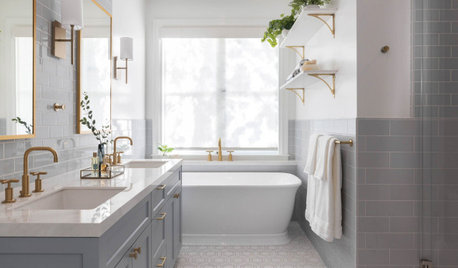
FLOORSWhat to Ask When Considering Heated Floors
These questions can help you decide if radiant floor heating is right for you — and what your options are
Full Story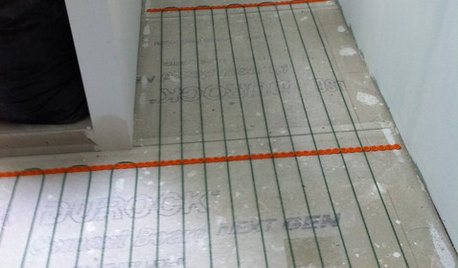
BATHROOM DESIGNWarm Up Your Bathroom With Heated Floors
If your bathroom floor is leaving you cold, try warming up to an electric heating system
Full Story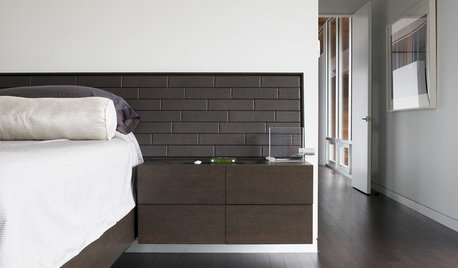
FLOORSFloors Warm Up to Radiant Heat
Toasty toes and money saved are just two benefits of radiant heat under your concrete, wood or tile floors
Full Story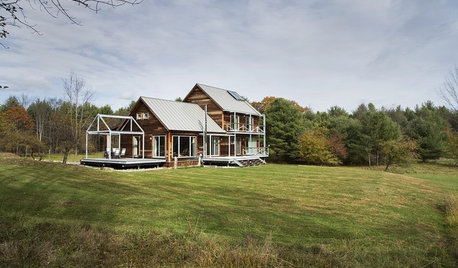
GREEN BUILDINGHouzz Tour: Passive House in Vermont Slashes Heating Bills
Its ecofriendly, low-maintenance design leaves a family with more time to relax and enjoy the weekend home
Full Story
GREEN BUILDINGInsulation Basics: Heat, R-Value and the Building Envelope
Learn how heat moves through a home and the materials that can stop it, to make sure your insulation is as effective as you think
Full Story
GARDENING GUIDES5 Prairie Wildflowers That Can Heal Your Soil
Get free, organic soil fertilizer with nitrogen-pumping plants that draw pollinators too
Full Story





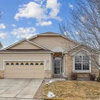
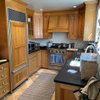
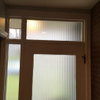
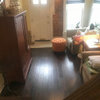

calliope
Billl
Related Professionals
Gainesville Kitchen & Bathroom Designers · Pleasant Grove Kitchen & Bathroom Designers · Queen Creek Kitchen & Bathroom Designers · Southampton Kitchen & Bathroom Designers · Verona Kitchen & Bathroom Designers · Reedley Kitchen & Bathroom Designers · North Druid Hills Kitchen & Bathroom Remodelers · University City Kitchen & Bathroom Remodelers · Beachwood Kitchen & Bathroom Remodelers · Apex Kitchen & Bathroom Remodelers · Lakeside Kitchen & Bathroom Remodelers · Phoenix Kitchen & Bathroom Remodelers · Pinellas Park Kitchen & Bathroom Remodelers · Salinas Kitchen & Bathroom Remodelers · Five Corners Architects & Building DesignerskrustyoldhouseOriginal Author
DavidR
calliope
macv
macv
krustyoldhouseOriginal Author
juliekcmo
krustyoldhouseOriginal Author
juliekcmo
krustyoldhouseOriginal Author
oldhousegal
calliope
bulldinkie